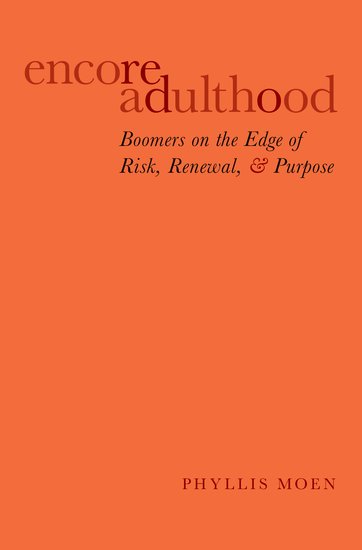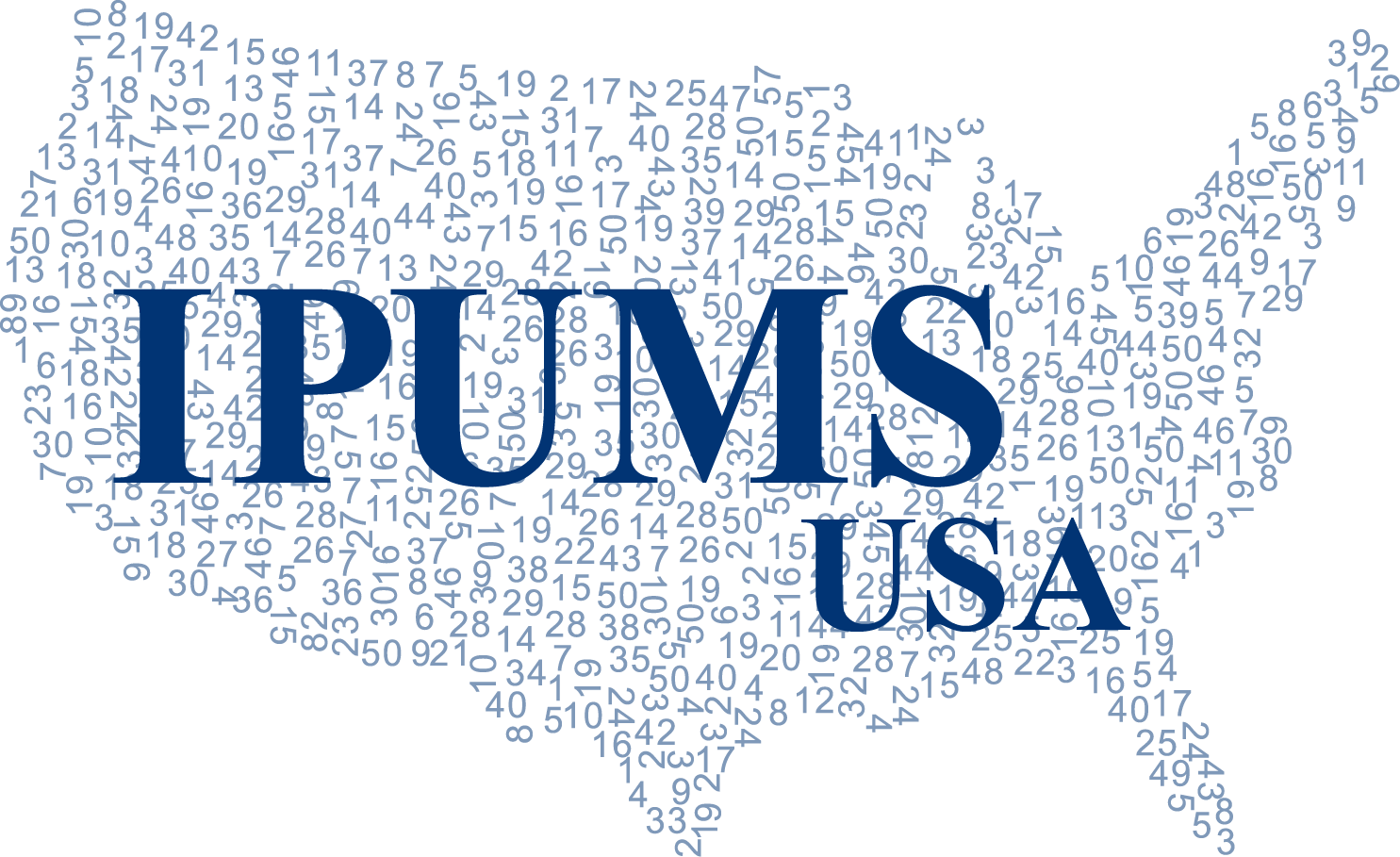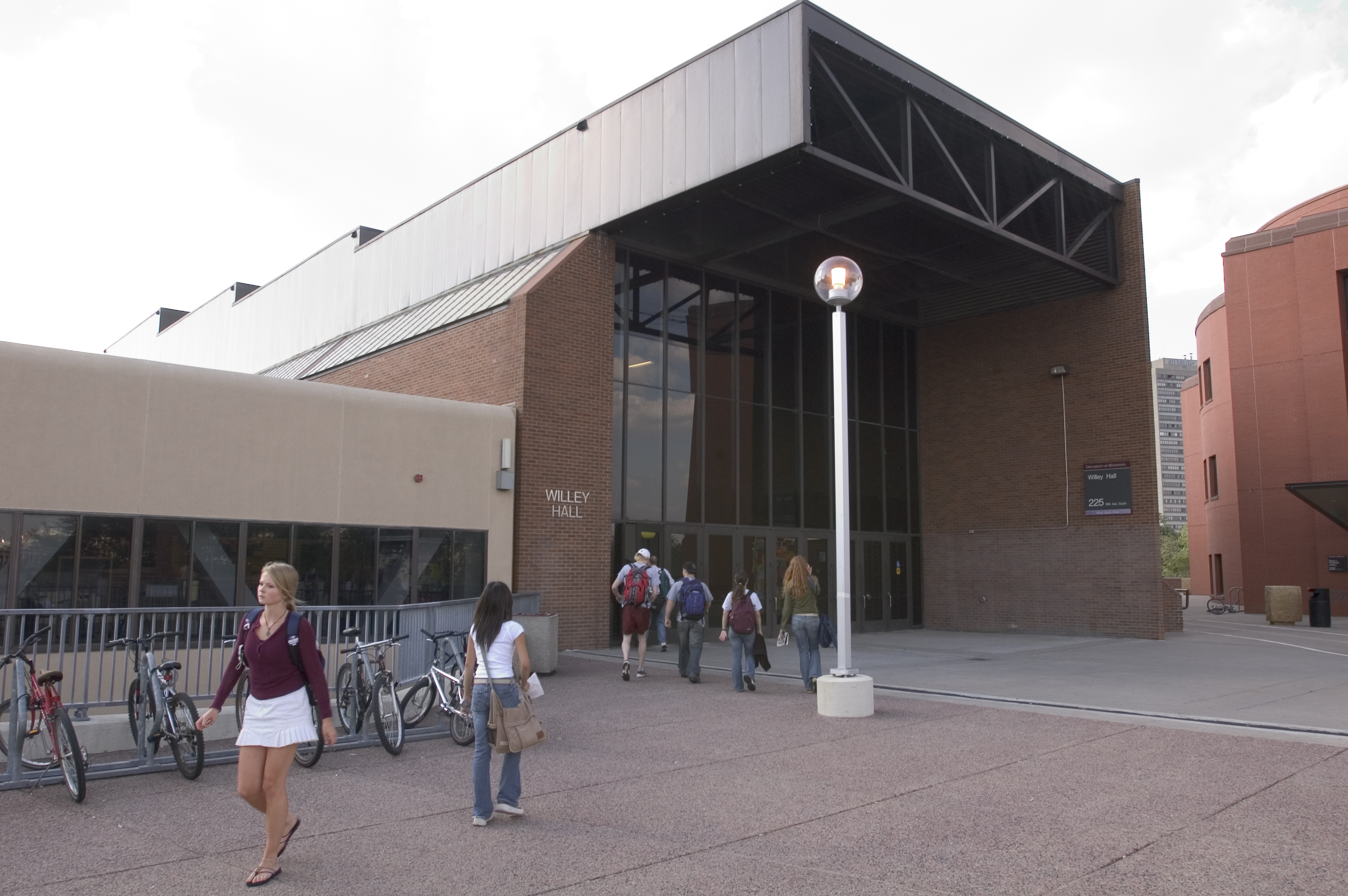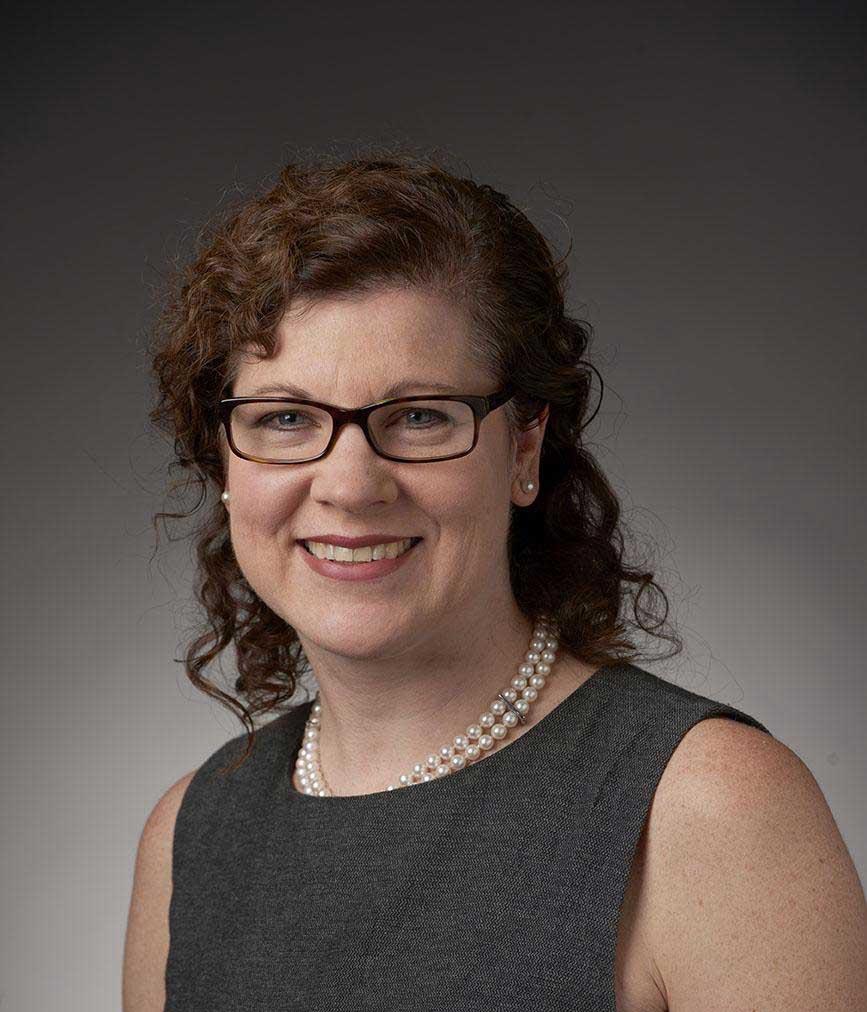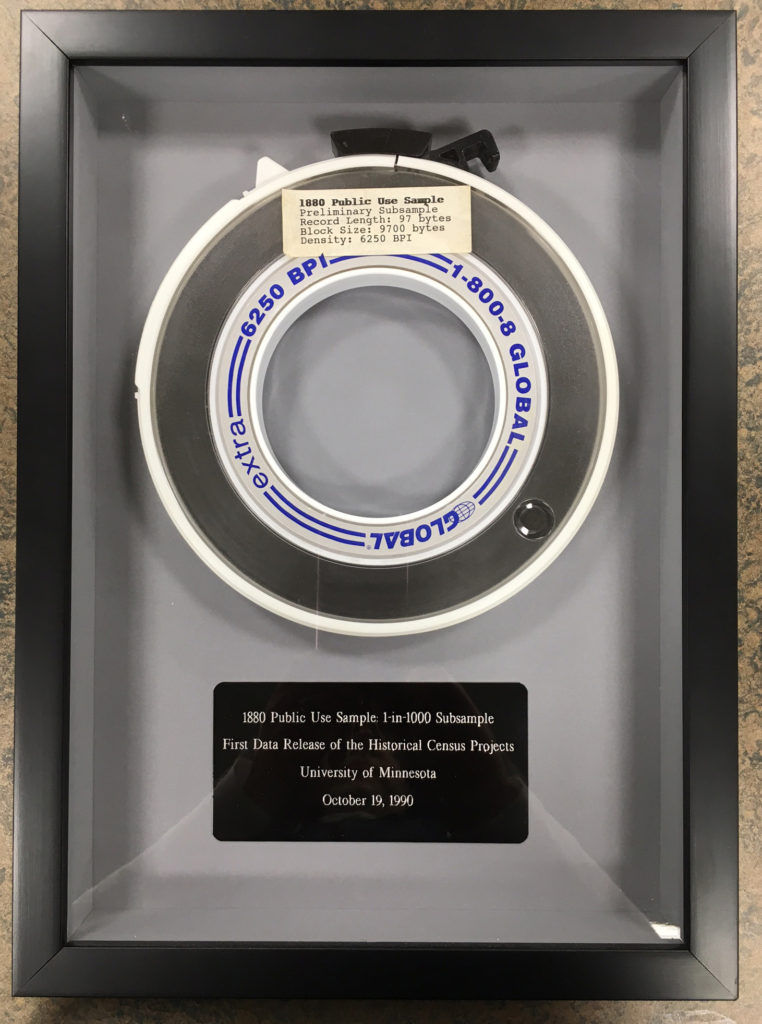
In February 2015, the MPC approved the organization of an institutional archive to preserve materials based on oral history interviews, administrative records, procedures for data development and integration, and memorabilia. The goal of the Minnesota Population Center Archive is to collect, organize and preserve materials documenting the growth and development of the MPC and the IPUMS and their contribution to social science infrastructure.

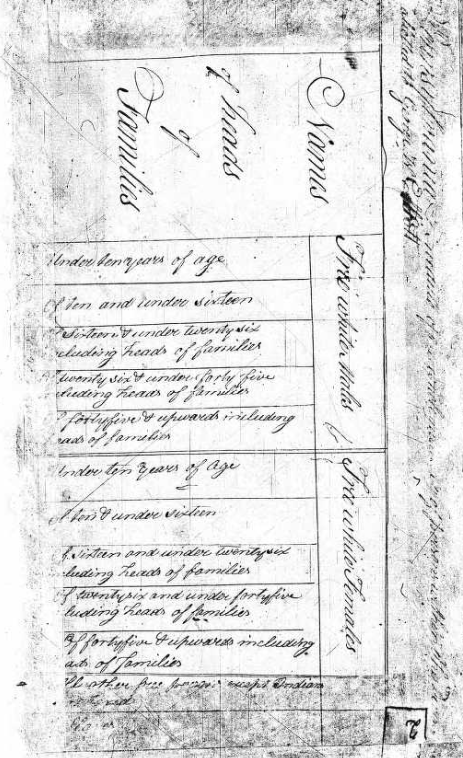
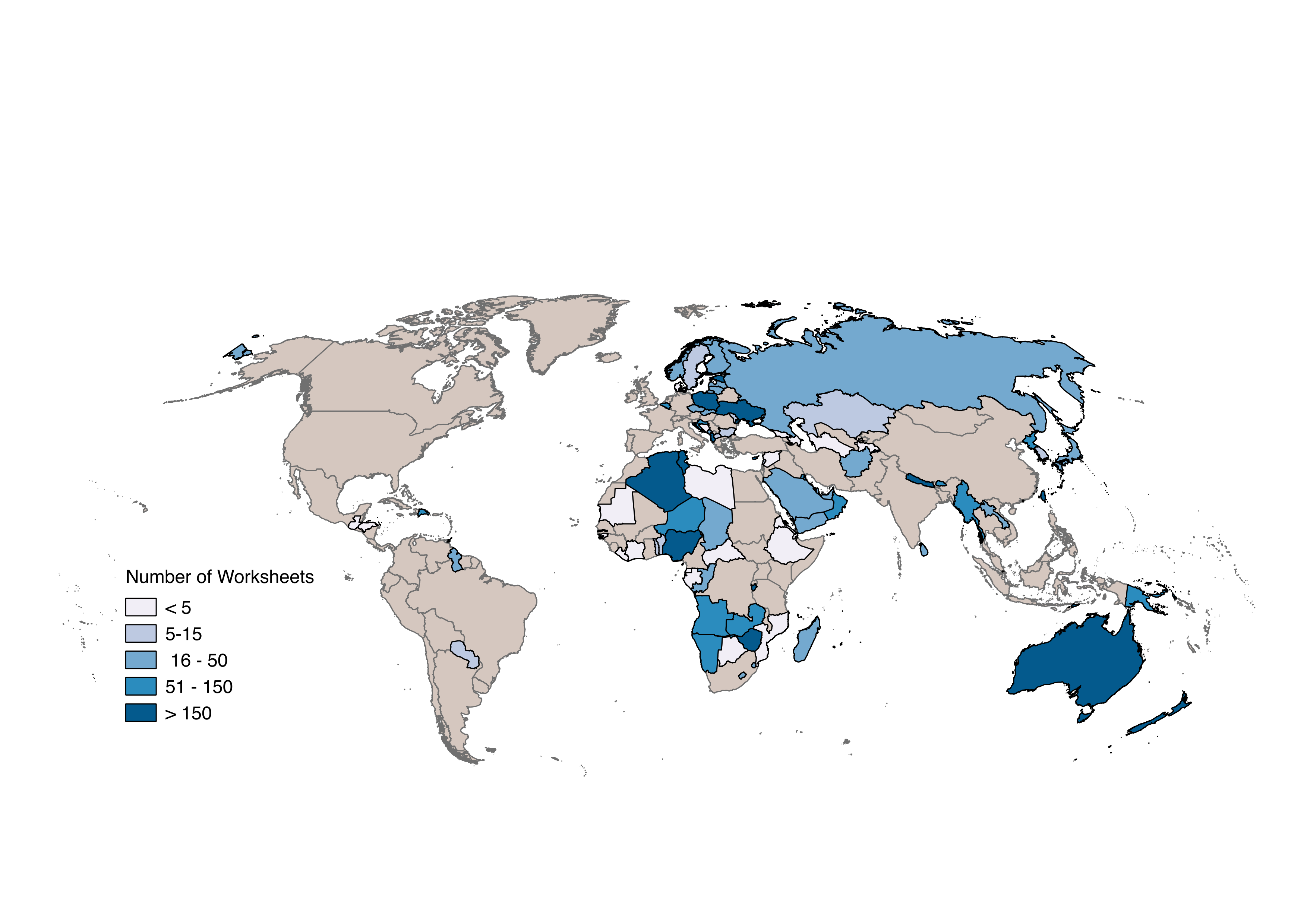 IPUMS-International currently disseminates census microdata from 82 countries around the world. It’s an impressive collection. But it still only covers about half the world’s countries. Under the TerraPop project, we are working to assemble a truly comprehensive global collection of population data.
IPUMS-International currently disseminates census microdata from 82 countries around the world. It’s an impressive collection. But it still only covers about half the world’s countries. Under the TerraPop project, we are working to assemble a truly comprehensive global collection of population data.